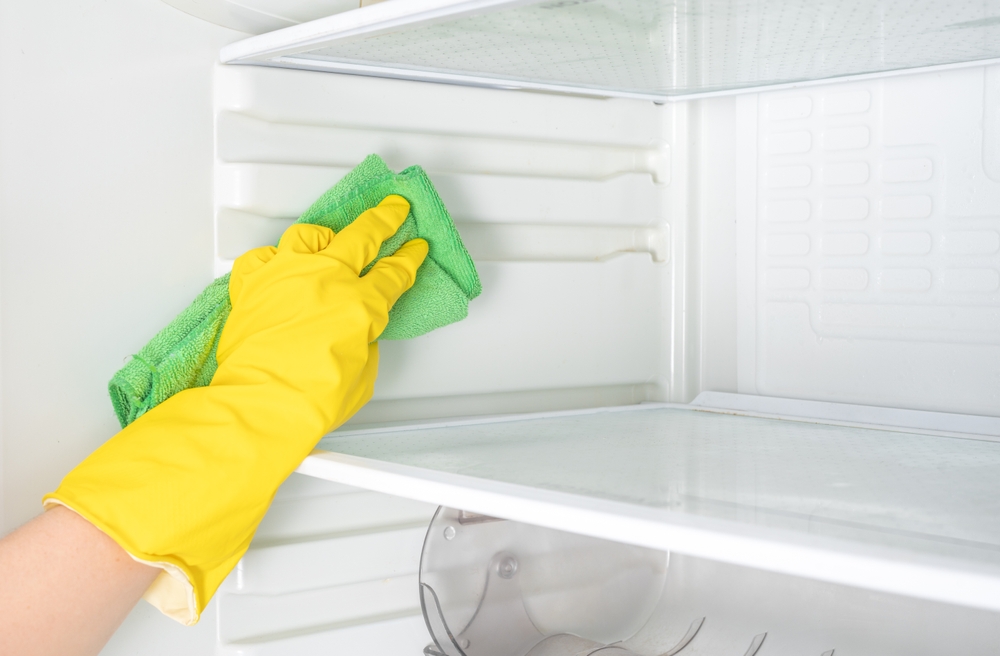When was the last time you actually cleaned the bed you sleep in? Odds are, it’s dirtier than a chimpanzee’s.
Others are reading now
When was the last time you actually cleaned the bed you sleep in? Odds are, it’s dirtier than a chimpanzee’s.
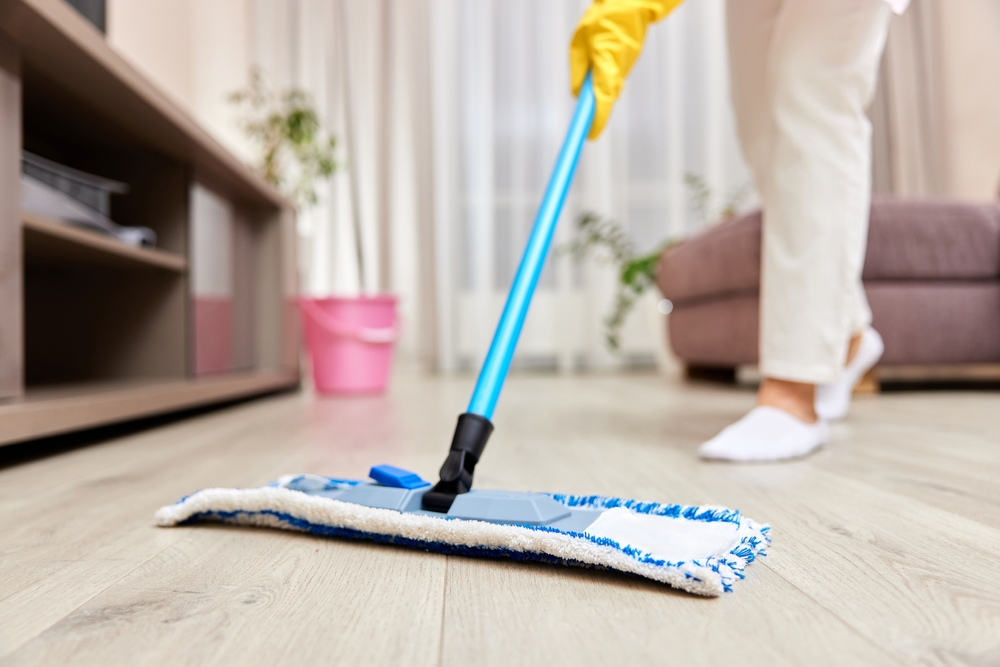
Spring is well underway, and while Easter has passed, summer is just around the corner, which means it’s time to think about that big seasonal deep clean.
But even the most dedicated neat freaks probably forget to clean these 7 sneaky spots around the home.
Your Coffee Machine
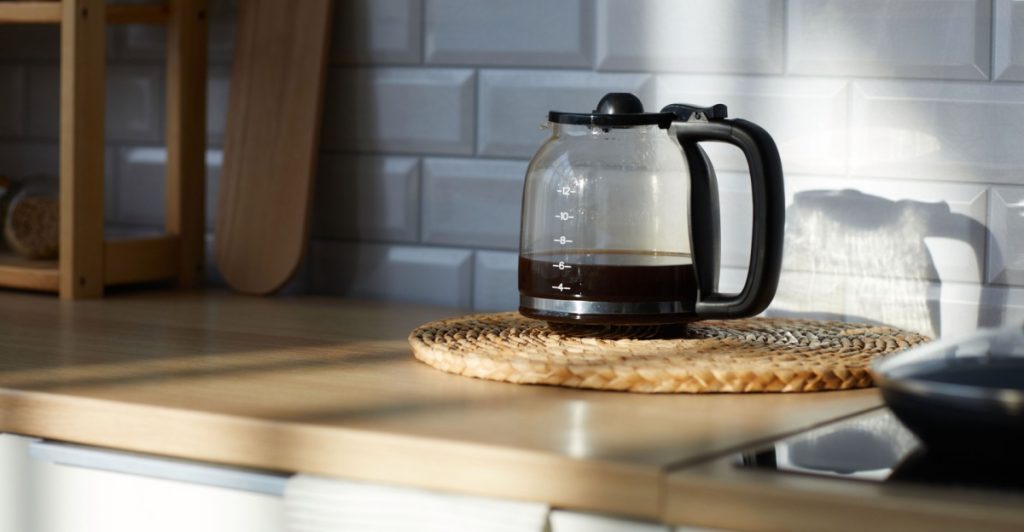
Think your morning brew is harmless? Think again. Microbiologists have discovered up to 67 types of bacteria lurking in the drip trays of home coffee machines.
Also read
These bacteria love the damp, dark environment, especially if you forget to clean it regularly.
To keep both your health and coffee taste in check, descale your machine every 100 brews. Skip the vinegar, it’s too corrosive. Instead, opt for a descaling solution designed for your appliance.
The Dishwasher
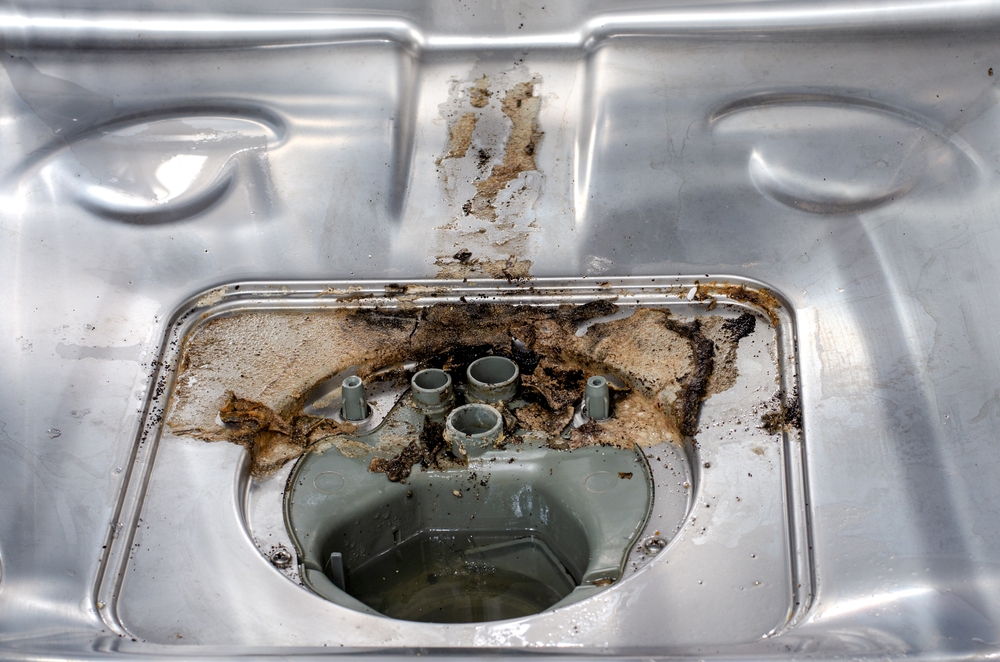
Despite its job of cleaning dishes, your dishwasher may be a reservoir of health hazards.
Research shows that it can harbour bacteria linked to food poisoning and skin infections, especially in filters and seals.
Remove and scrub the filter with dish soap and a brush, then let it air dry. Don’t forget the rubber door seals, they’re often overlooked.
To deep-clean, run an empty cycle with a dishwasher-safe cup filled with white vinegar on a hot wash.
A Dirty Oven Isn’t Just Gross
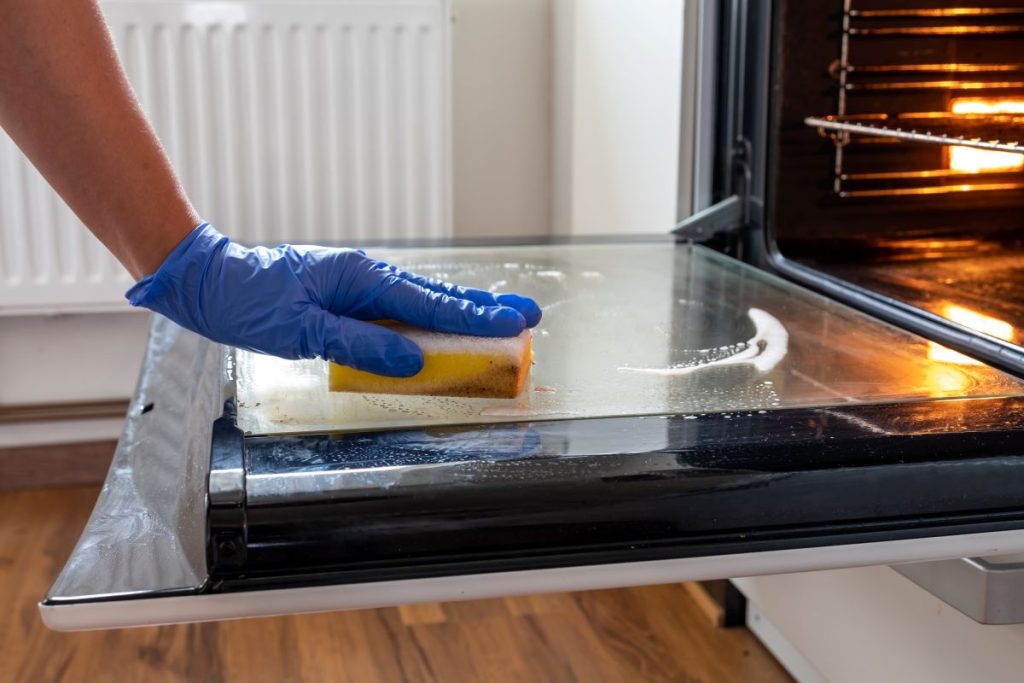
Burnt food crust and greasy buildup inside your oven aren’t just unsightly, they could ignite a grease fire.
While the high temperatures kill off bacteria, grime and old spills can still pose serious risks.
Self-cleaning functions help, but for the deepest clean, grab some baking soda, lemon juice, or vinegar.
These natural solutions cut through grease without leaving behind a chemical stench.
Reusable Grocery Bags
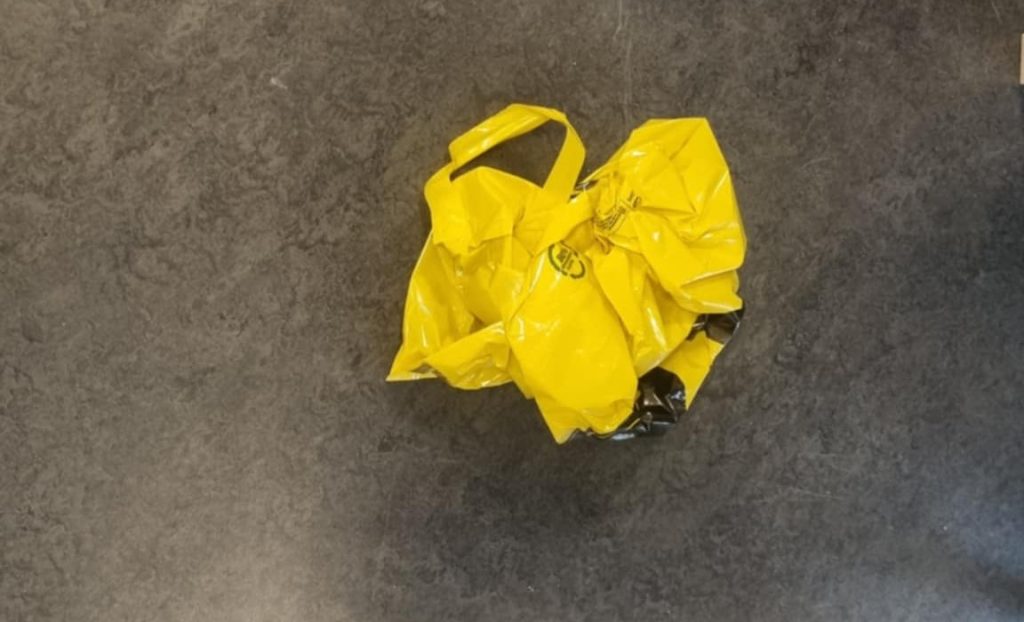
When’s the last time you washed your reusable grocery bags? If you’re like most people, probably never.
Yet these bags can be teeming with bacteria, especially if meat juices have leaked inside.
One study in Arizona even found traces of E. coli in multiple reusable totes. The fix is easy: toss them in the laundry regularly, especially after carrying perishable items.
Tumble Dryer Vents
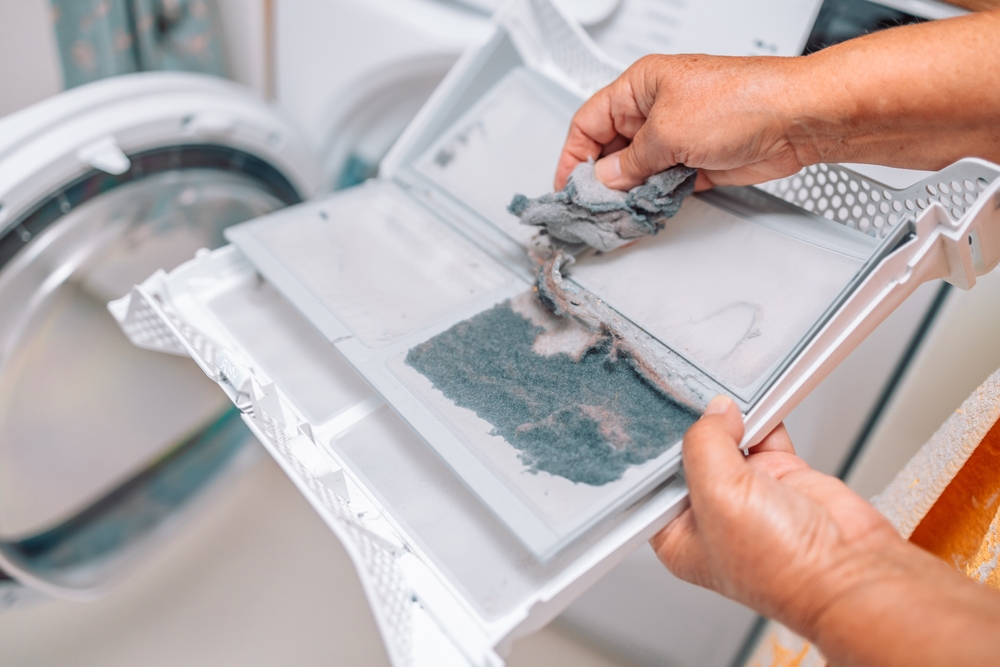
Cleaning the lint trap is great, but it’s not enough.
Lint also accumulates in the vent duct that connects your dryer to the outside, and if left unchecked, it becomes a serious fire hazard.
Use a long-handled brush to reach into the vent and dislodge any trapped lint.
For best results and peace of mind schedule a deep clean every three months or hire a professional.
Your Mattress Might Be Filthier Than You Think
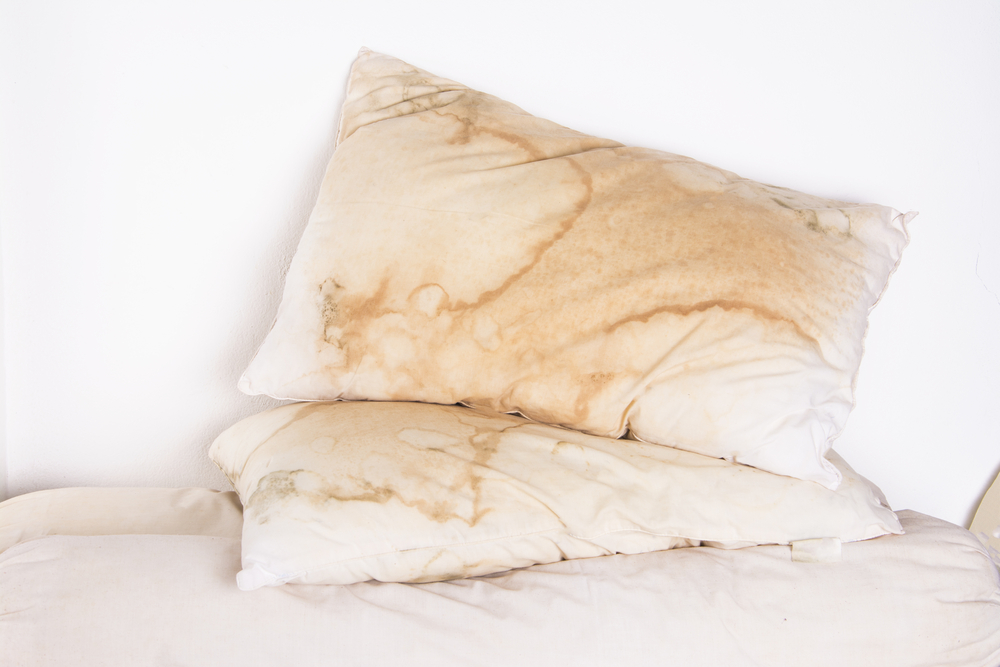
A 2018 study found that chimpanzees keep cleaner beds than humans. While only 3.5% of bacteria in chimp beds came from their own bodies, our mattresses clock in at a disturbing 35%.
Vacuum your mattress every six months, focusing on seams and crevices. Treat stains with spot cleaners, sprinkle baking soda to deodorize, then vacuum again.
A clean mattress means better sleep and fewer allergens.
That Sponge? It’s a Bacterial Bomb
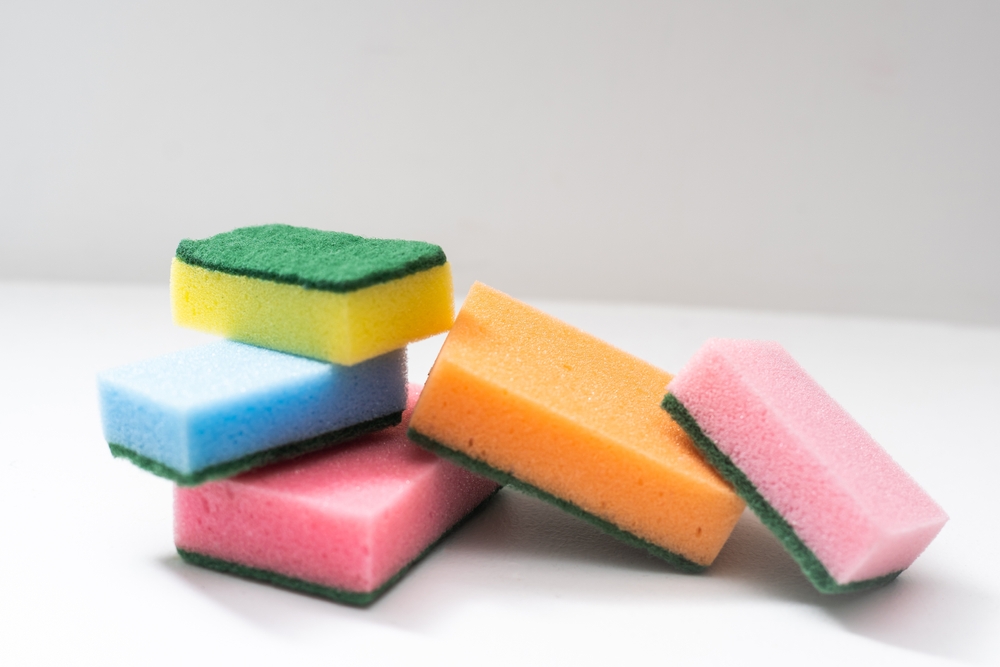
Kitchens are supposed to be clean, but your sponge may be the dirtiest thing in it.
Scientists have identified 309 bacterial species on sponges, with concentrations reaching a staggering 45 billion bacteria per square centimeter.
While microwaving a sponge might kill some bacteria, it won’t eliminate the worst offenders.
Instead, play it safe: replace your sponge weekly, or switch to dishcloths you can sanitize in the wash.

